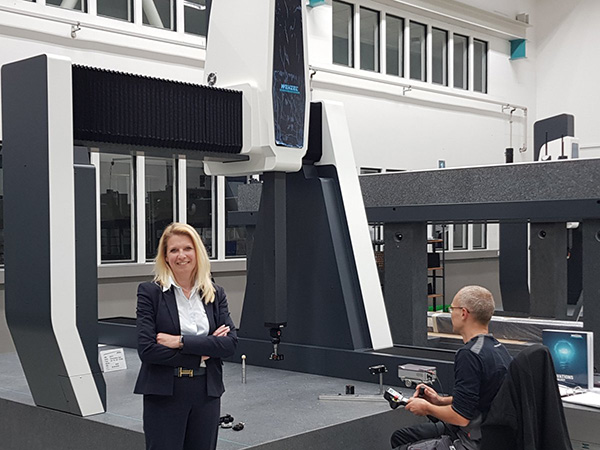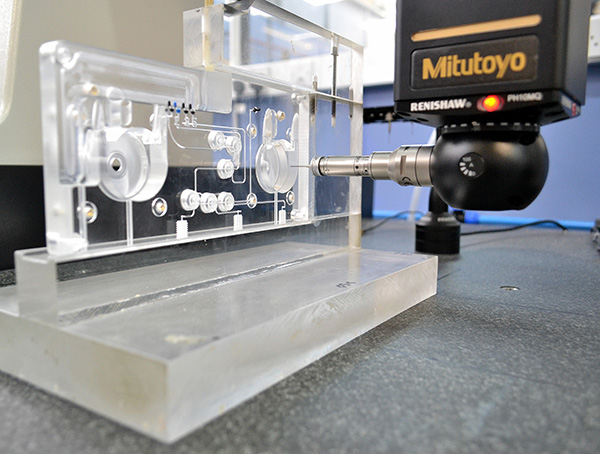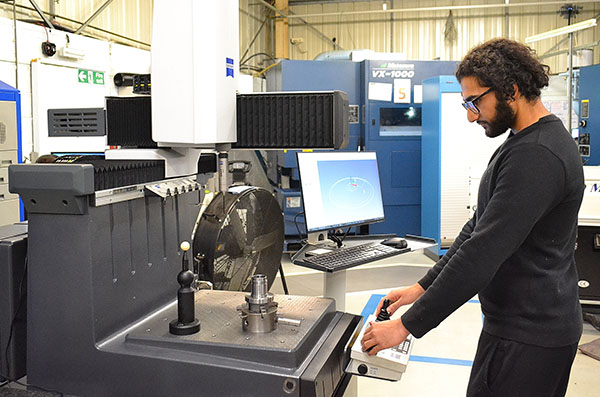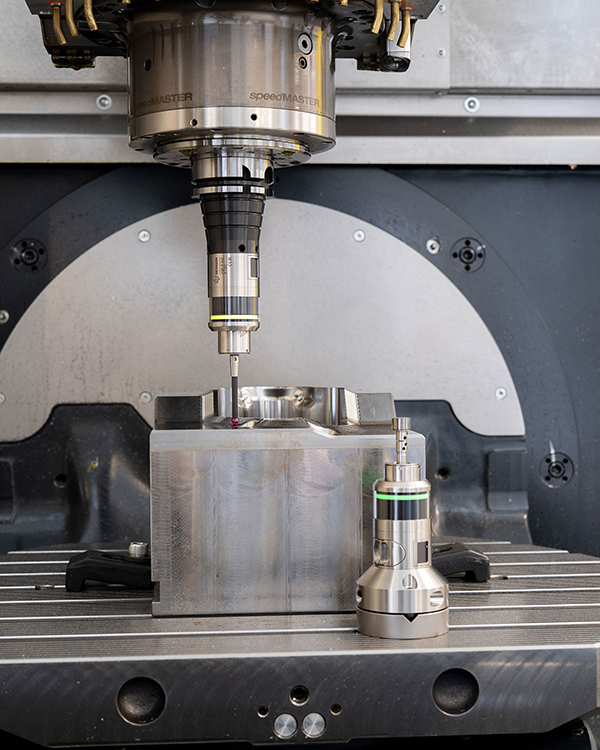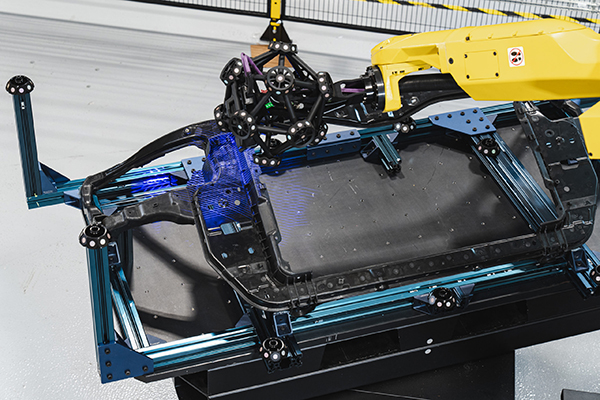
Following the successful conclusion of its 2021 financial year, the signs at Wenzel Group GmbH & Co KG are once again pointing to growth, despite the effects of the Covid-19 pandemic. For FY2022, the company from Wiesthal expects a further increase and a very positive business development.
In 2021, the Wenzel Group was able to increase incoming orders worldwide by more than 30%, which is also higher than in 2019. At Wenzel Metrology in Wiesthal, the growth in incoming orders for both new machines was more than 50% in comparison with the previous year. Based on very good order intake, the sales and revenue figures also increased accordingly.
Numerous orders from the end of 2021 are now in production or delivery and will provide a further boost for 2022 following the positive annual financial statement for 2021.
According to managing director Dr Heike Wenzel, 2021 was again “a very stable year” for the Wenzel Group. “We started 2022 with full order books and are looking forward to a good, successful year.”
The recovery and strong growth based upon it, can be felt worldwide in almost all target industries and product areas. Notably, the development of a new product line for gear metrology and design modelling, as well as the further development of numerous solutions in the area of production metrology and computer tomography, have also had a positive contribution.
For further information
https://wenzel-uk.com/






